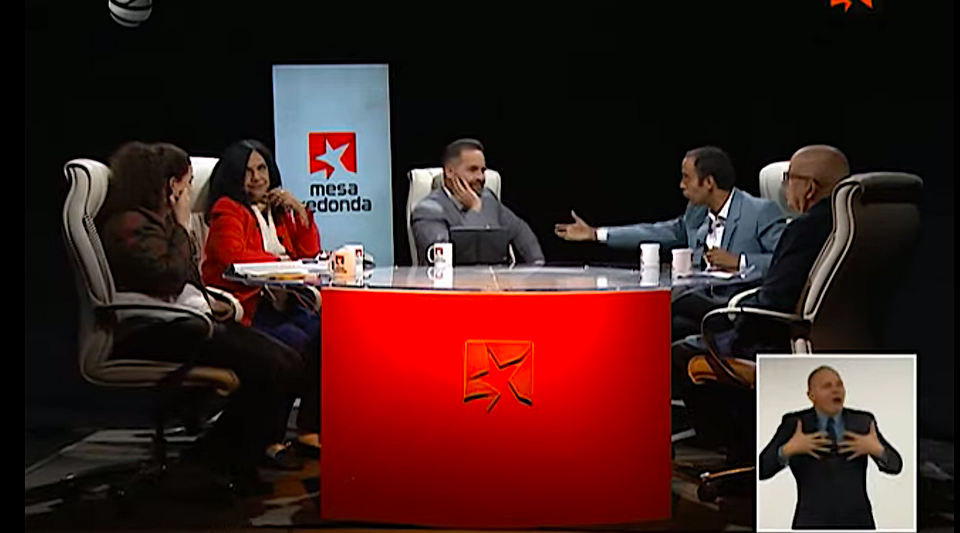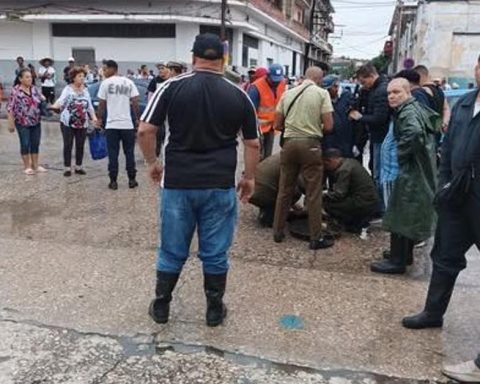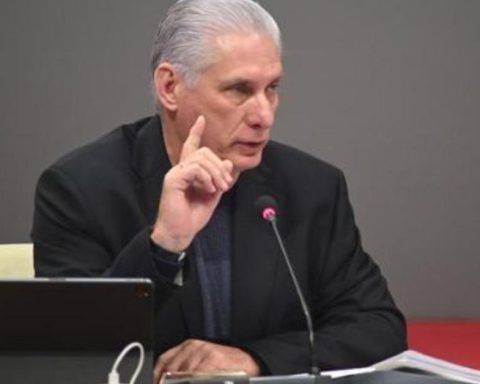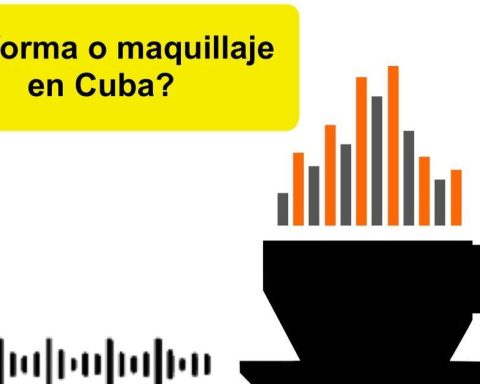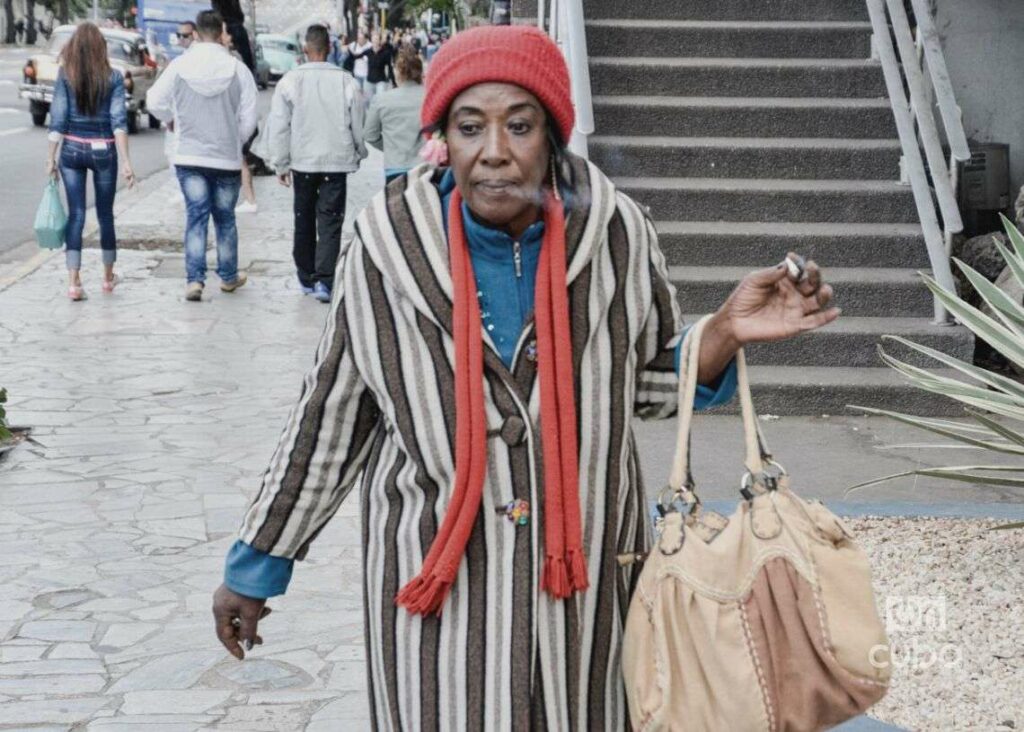None of the program attendees Round table aired this friday by Cuban Television he was able to hide his astonishment when Professor Fabio Fernández Batista affirmed, before the cameras, that “the pride in being Cuban has been lost.”
Fernández Batista began the debate by attributing Cuban patriotism to a “healthy” nationalism that can be verified throughout the island’s history. His intervention was initially based on the concepts used at the University of Havana, where he is a tenured professor. However, he was quick to demand a more “flexible” understanding of patriotism, one not limited to the geographical.
The professor went up in tone and explained that “there are people who have lived their whole lives in Cuba and are less patriotic than José Martí,” while others “are in Miami and right now they are more patriotic than some of those we can find in a street”. “These are realities that may shock some,” he admitted, before the journalist Oliver Zamora Oria, host of the program, tried to qualify his words.
“We cannot connect patriotism exclusively to the idea of heroic resistance, ‘here we are, resisting, like the mambises'”
“I was not mistaken when I said that it was a controversial concept,” Zamora Oria said nervously and hastened to withdraw the word from Fernández Batista. The professor did not have a chance to speak again until the final minutes of the program and warned that he was going to be “undisciplined.”
“We cannot connect patriotism exclusively to the idea of heroic resistance, ‘here we are, resisting, like the mambises,'” he ironized. “The homeland is also the construction of the future, the crystallization of dreams, collective achievements,” he stated, later pointing out that one could not live only from the “past”, but rather that it is necessary to seek a future “of success and prosperity that we can materialize”.
Cuban patriotism is also being “challenged by the deep crisis that right now marks the reality of the country,” lamented Fernández Batista. “Every day I have access to the WhatsApp states of all my students,” he said, “and there are many states in the tone of jokes that they share whose central matrix is ’how terrible to have been born in Cuba’ and ‘how happy I am going to be when it is not this one'”.
That displeasure is the reason, he said, that “right now there are people crossing the Rio Grande heading north.” To avoid this leak, it is necessary “to design a project for a successful country, prosperous for its citizens, capable of understanding the plurality and diversity that mark the reality that is Cuba.”
The academic criticized the “patriotic allusion resources” of the Cuban government and described them as “far removed from efficient communication practices” and placed the film Innocence (2018), by Alejandro Gil, as an example of an “effective” audiovisual product. “It is not the rule, it is the exception,” Zamora Oria tried to reconcile, but Fernández Batista did not allow himself to be interrupted and blurted out: “Those ideas where the homeland is simply resistance”, “the immobile”, do not “make young people fall in love “.
the driver of Round table contradicted Fernández Batista and affirmed that “patriotism has been fundamental when facing these moments”, alluding to the protests against the Government that have taken place since July 2021. The professor said he agreed, but indicated that he he was also concerned about the “everyday heroism” of those who are “in a queue, resisting.”
Zamora Oria preferred to address the other participants and concluded the debate stating that he had been “at the height” of the concept they were discussing. The discomfort of the panelists did not end until the credits of the program passed.
To Round table Professor Nancy Chacón, the journalist from rebel youth José Alejandro Rodríguez, Lil María Pich, a specialist from the Martí Program, and graphic humorist Adán Iglesias, from the supplement DDT, who intervened through his cartoons. They all admitted that “leaving the country” was a “paradigm” for Cuban youth, but they did not attribute the causes of the exodus to the government, but to “the situation” or “cultural factors,” “educational,” or rather “religion and emotionality”.
________________________
Collaborate with our work:
The team of 14ymedio He is committed to doing serious journalism that reflects the reality of deep Cuba. Thank you for accompanying us on this long road. We invite you to continue supporting us, but this time becoming a member of our newspaper. Together we can continue transforming journalism in Cuba.
